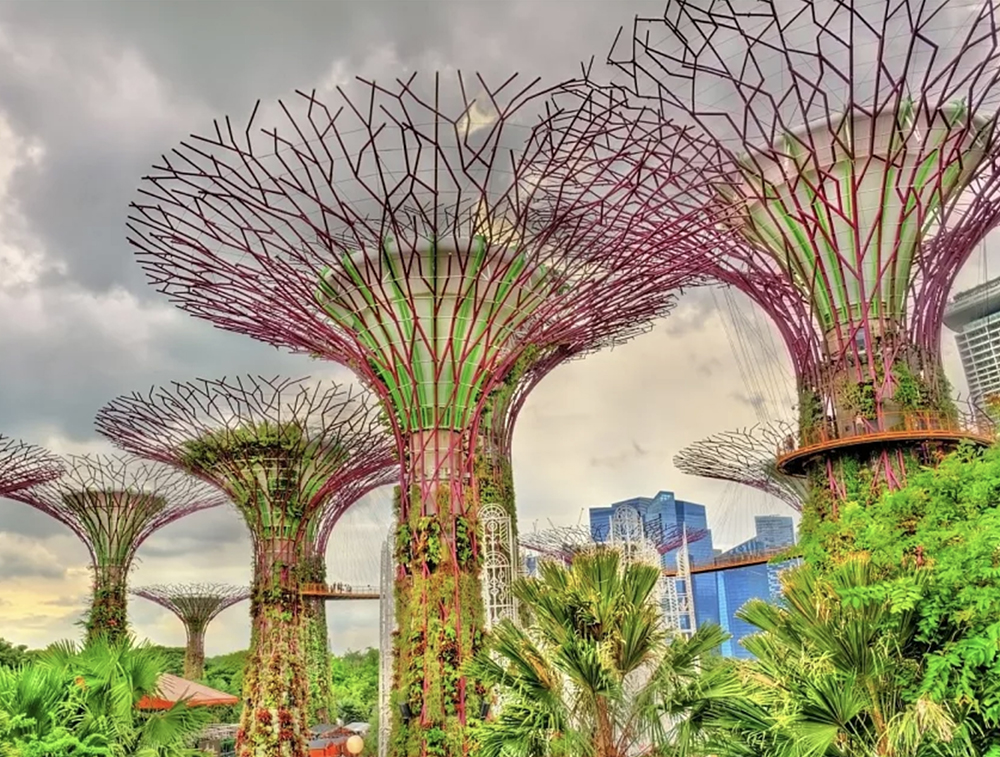2025 International Conference on Wireless and Optical Communications (CWOC 2025) will be held from April 25th to 27th, 2025 in Singapore. The conference venue will be updated here once confirmed.
About Singapore:
*Singapore is an island country and city-state in maritime Southeast Asia. It is located about one degree of latitude (137 kilometres or 85 miles) north of the equator, off the southern tip of the Malay Peninsula, bordering the Strait of Malacca to the west, the Singapore Strait to the south along with the Riau Islands in Indonesia, the South China Sea to the east, and the Straits of Johor along with the State of Johor in Malaysia to the north. The country's territory comprises one main island, 63 satellite islands and islets, and one outlying islet; the combined area of these has increased by approximately 25% since the country's independence as a result of extensive land reclamation projects. It has the third highest population density of any country in the world, although there are numerous green and recreational spaces as a result of urban planning. With a multicultural population and in recognition of the cultural identities of the major ethnic groups within the nation, Singapore has four official languages: English, Malay, Mandarin, and Tamil. English is the common language, with its exclusive use in numerous public services. Multi-racialism is enshrined in the constitution and continues to shape national policies in education, housing, and politics.
*Singapore was ranked the 6th most-visited city in the world on the Mastercard Destination Cities Index in 2019. The city houses three of the world's ten largest shopping malls. Singapore ranks 70th in the world and the second in Southeast Asia after Singapore for the Economist Intelligence Unit's Global Liveability Ranking and ninth in ASPAC and second in Southeast Asia after Singapore for KPMG's Leading Technology Innovation Hub 2021. Singapore was named World Book Capital 2020 by UNESCO. In 2024, Singapore was ranked second for the best outstanding city in Southeast Asia after Singapore and 135th in the world by the Oxford Economic Papers' Global Cities Index.
Education in Singapore:
*Education in Singapore is managed by the Ministry of Education (MOE).[6] It controls the development and administration of state schools receiving taxpayers' funding, but also has an advisory and supervisory role in respect of private schools. For both private and state schools, there are variations in the extent of autonomy in their curriculum, scope of taxpayers' aid and funding, tuition burden on the students, and admission policy.
*The main language of instruction in Singapore is English, which was officially designated the first language within the local education system in 1987.[11] English is the first language learned by half the children by the time they reach preschool age and becomes the primary medium of instruction by the time they reach primary school. Although Malay, Mandarin and Tamil are also official languages, English is the language of instruction for nearly all subjects except the official Mother Tongue languages and the literatures of those languages; these are generally not taught in English, although there is provision for the use of English at the initial stages. Certain schools, such as secondary schools under the Special Assistance Plan (SAP), encourage a richer use of the mother tongue and may occasionally teach subjects in Mandarin Chinese.
| Singapore Cityscape |
|---|



